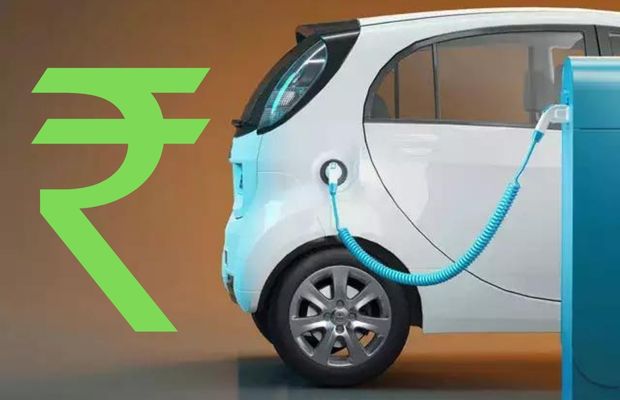NASCAR introduced an innovative all-electric racecar prototype during the Chicago Street Race on Saturday, marking a significant step towards its sustainability objectives. Partnering with ABB Ltd, NASCAR aims to achieve net zero operating emissions by 2035, despite currently having no plans for an electric vehicle (EV) racing series.
The newly unveiled EV, developed in collaboration with Chevrolet, Ford, and Toyota, represents a departure from NASCAR’s traditional loud, gas-guzzling muscle cars. Powered by three electric motors capable of delivering up to 1,000 kW (around 1,340 horsepower), the EV showcases cutting-edge technology tested on the track.
Unlike conventional racecars, this prototype features sustainable materials such as a flax-based composite bodywork, reducing CO2 emissions by up to 85%, according to Swiss developer Bcomp. This initiative aligns with NASCAR’s commitment to decarbonize operations, including transitioning to 100% renewable energy at tracks and offices and expanding EV charging infrastructure.
Riley Nelson, NASCAR’s head of sustainability, emphasized that while the EV prototype serves as a demonstration vehicle, it underscores NASCAR’s dedication to exploring new technologies and enhancing environmental stewardship. The partnership with ABB, a key player in Formula E electric racing, will support NASCAR’s electrification efforts, although financial details were not disclosed.
“We are focused on establishing measurable KPIs for broader electrification initiatives,” Nelson stated, highlighting ABB’s role in installing EV chargers across NASCAR facilities as pivotal to achieving their decarbonization goals.
NASCAR’s unveiling of the all-electric prototype signals a transformative shift in the motorsports industry, emphasizing sustainability and technological innovation in a traditionally fossil fuel-driven sport.

